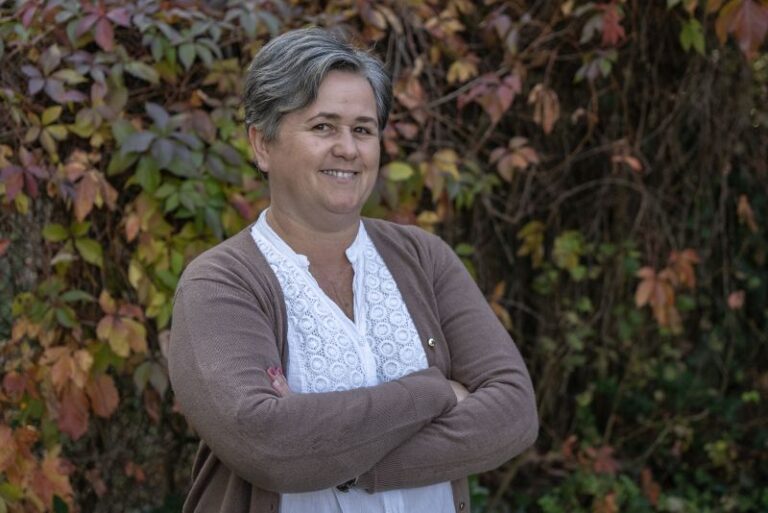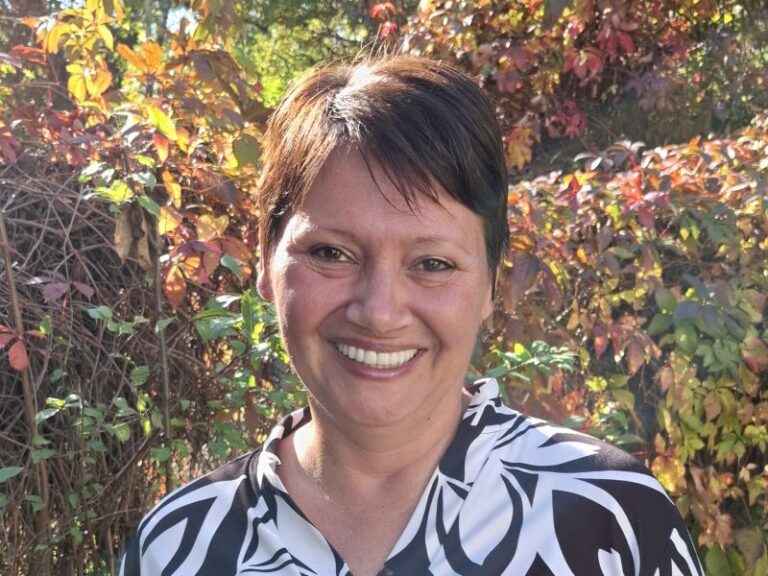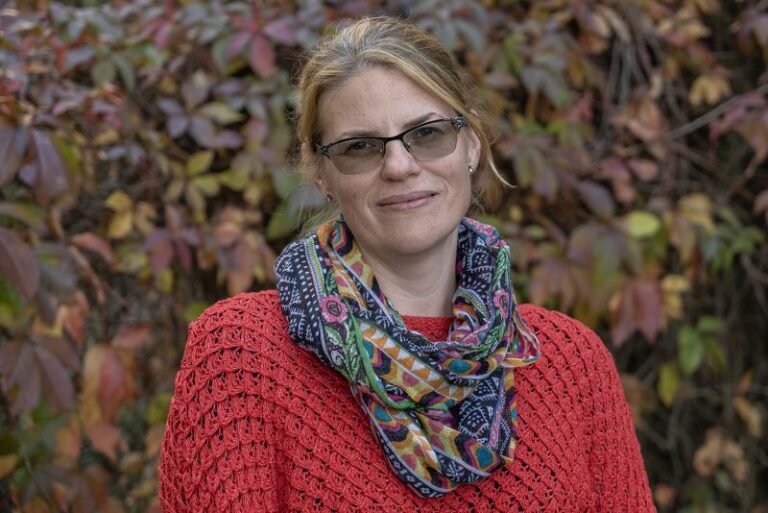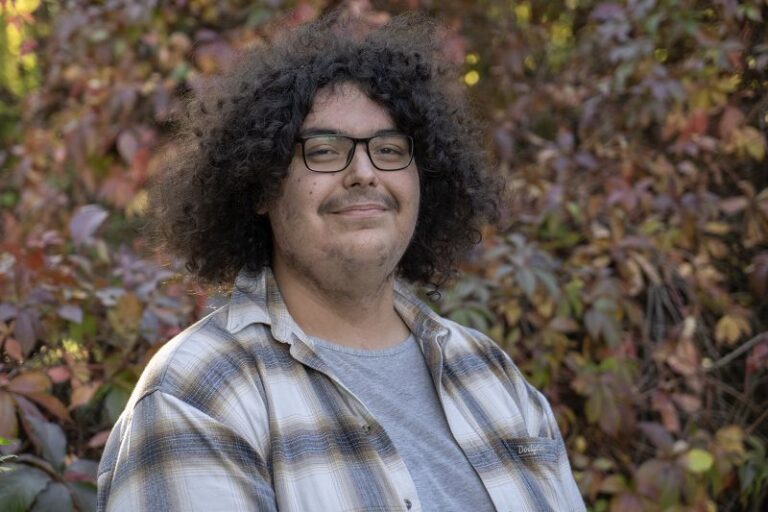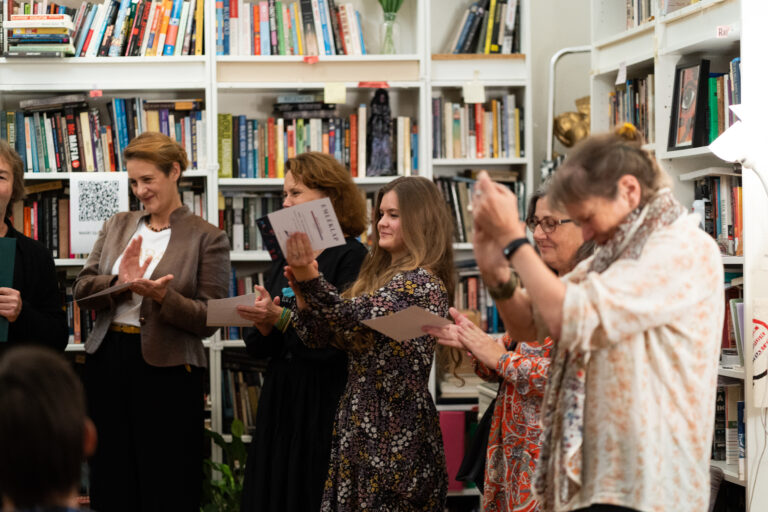Growing ambition in a shrinking space: Hungary’s community foundations after the election
Community foundations offer signs of hope despite growing official repression of civil society. (21 August 2018)
Hungary’s general elections in April gave (once again) a constitutional majority to the ruling coalition government and a green light to pursue policies which include the demonisation, discrimination and harassment of NGOs. This has been well documented by the international press and its goal was made clear in the first post-election statement of the winning parties: organisations meddling in politics must be closed down! For Hungarian NGOs, it is reminiscent of how the communists approached their enemies: those not with us are against us. This sounds like a textbook example of shrinking space for civil society. And indeed, it is increasingly difficult for NGOs to carry out their work. However, it is not impossible! There is unexpected depth and richness to this picture, and the nation’s newly emerging community foundations are playing a vital role.
My bubbleI live in Ferencváros, one of the central districts of Budapest. One of the shops in my street is run by a middle-aged man born in Lebanon. Opposite is a Persian restaurant, where the owner’s father frequently sits on the terrace. I often hear these two people speak in Hungarian over coffee and I am proud of my community that it has offered a new home for them. In the other direction is a cake shop, whose owner is a fearless supporter of any (yes, any) activity that makes our neighbourhood stronger, safer and more people-friendly. I can tell you next to nothing about his political views. The election results show that this district is as divided politically as any in Hungary, yet we have many people like the cake shop owner who do a lot to create a better community, from leaving their party political views at the door to investing their own time.
Therefore, only outsiders are surprised that Ferencváros Community Foundation has enjoyed robust local support. As of last year, it raised €80,000 from the local community and another €13,000 from outside sources, and spent more than €50,000 supporting projects that did everything from tackling homelessness, to bringing films about multiculturalism to secondary schools.

In addition, it initiated a project, funded by the Global Fund for Community Foundations, to learn about migrants, our new neighbours and to support their participation in community life when many in Hungary see migration as the single biggest threat to the country and society.
Other bubblesFor anyone who knows Hungary, the city of Miskolc seems one of the most unlikely places to have a community foundation. This centre of industry during the Communist era now has large areas of deprivation and has seen a sharp fall in population since the 1990s. But a group of local people established the Térerő Community Foundation in Our City (Miskolc) because they saw potential in local people’s desire to work together to improve their city. They saw interest from recently established businesses and found the local government open to cooperation.
With huge amounts of voluntary work and backing from several committed business owners, the foundation has quickly become integral to the city’s life: the public meetings, events and conferences are important, vibrant gatherings not only for representatives of NGOs, but for businesses, political bodies and the public, none of whom want to be left out of this exciting ‘new thing’.

Community members are walking the talk, too: from money raised locally, the foundation has already funded a number of projects including the County Breast Cancer Association and the ‘Urban Walks’ project that introduces the history and famous places of Miskolc to inhabitants through popular guided walks. In addition to its heavy focus on local work, Miskolc has involved itself with international cooperation in a big way: the Foundation participated in the European Community Foundation Initiative’s Cardiff Conference and key members visited the Odorheiu Secuiesc Community Foundation in Romania on a study visit, to learn about charitable sport competition.
The city of Pécs is very different: it does not have a strong and growing business community, but is considered one of the most cultured, educated and ‘arty’ cities in the country.
But like Miskolc, it too suffers from industrial decline (mining) and a huge loss of population.
The biggest similarity, however, is in the enthusiasm of those who have stayed: many of them are committed to making the city a better place to live. A dozen people saw in the community foundation concept a good vehicle to make this happen. They registered the Pécs Community Foundation in 2016 and spent a year raising funds.
In 2017, the foundation’s major undertaking was to support nine projects from the Neighbourhood Fund ‘to turn neighbours into cohesive communities’. One project supports poor Roma women to become tourist guides, another will see a basketball championship between neighbourhoods organised by young people, and a third will renovate children playgrounds and organise a special march to connect different neighbourhoods in the city.
Trustees of the foundation are ‘companions’ of the supported projects, which lets them both learn more about the life and issues of communities and to see what additional support they can mobilise. One idea is to organise a Neighbourhood Academy in mid-2018 to bring people from different neighbourhoods together and share best practice in civic engagement.
